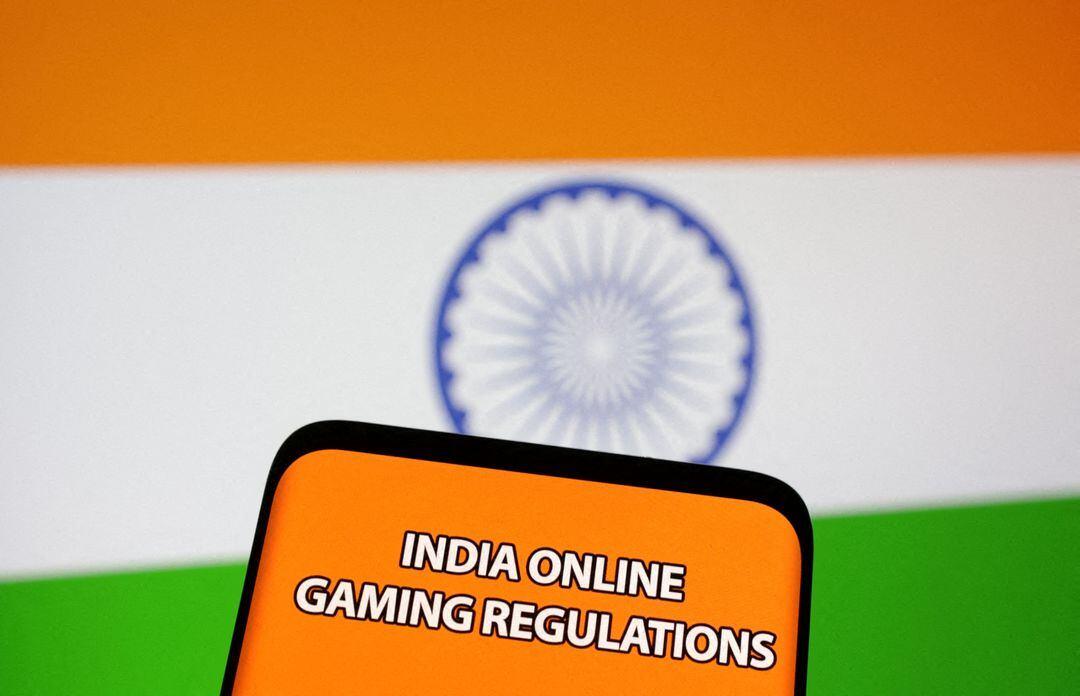Regulating India's Online Gaming Industry (Indian Express)

- 12 Feb 2024
Why is it in the News?
The government will act as a regulator for the online gaming sector rather than an industry-led self-regulatory organization (SRO).
What are Online Games?
- Online games refer to games that are played over some form of computer network, most often the Internet.
- Online games can range from simple text-based games to games incorporating complex graphics and virtual worlds populated by many players simultaneously.
Types of Online Gaming:
- e-Sports: Originally played offline or on gaming consoles, e-Sports now thrive in the online realm, featuring structured competitions among professional players or teams.
- Fantasy Sports: These games involve assembling virtual teams composed of real-life athletes from different sports teams.
- Points are earned based on the actual performance of these athletes, as seen in platforms like Dream11.
- Online Casual Games: These diversions can be skill-based, where success relies on mental or physical prowess, or chance-based, where outcomes are determined by random events, like dice rolls.
How Big is India's Online Gaming Industry?
- The online gaming sector in India is primarily nurtured by a burgeoning startup ecosystem, boasting a robust 27% compound annual growth rate (CAGR).
- Projections suggest that the integration of AI and online gaming could contribute up to $300 billion to India's GDP by 2026-27.
- India leads the global charts in terms of the percentage of new paying users (NPUs) in gaming, soaring from 40% in 2020 to an anticipated 50% in 2021.
- Transactional gaming revenue witnessed a notable 26% surge in India, with the number of paying players escalating from 80 million in 2020 to 95 million in 2021, as per a FICCI report.
Challenges Confronting India's Online Gaming Sector:
- Regulatory Void: The absence of a regulatory framework poses challenges in implementing essential measures such as grievance redressal, player protection, data security, and curbing deceptive advertisements.
- Illegal Offshore Markets: Illicit offshore gambling and betting platforms pose threats to financial integrity and national security, with estimated annual tax losses to India amounting to $45 billion.
- Interstate Quandary: Varied state regulations on online gaming create inconsistencies, compounded by the Internet's borderless nature, making enforcement difficult.
- Societal Implications: The surge in online gaming raises concerns about addiction, mental health, financial fraud, and privacy breaches, warranting a comprehensive approach to address these issues.
The Problem of Self-Regulatory Bodies Under the IT Rules:
- The implementation of the IT (Intermediary Guidelines and Digital Media Ethics Code) Rules 2021 represented a significant stride in regulatory oversight.
- According to these rules, online real-money gaming platforms must obtain approval from a regulatory authority, while those not involving real money are exempt from such requirements.
- In April 2023, the government issued online gaming regulations and provided a three-month window for the industry to propose Self-Regulatory Organizations (SROs).
- However, the proposals submitted were predominantly influenced by gaming companies and their industry associations, raising concerns about their ability to function as impartial regulatory bodies.
